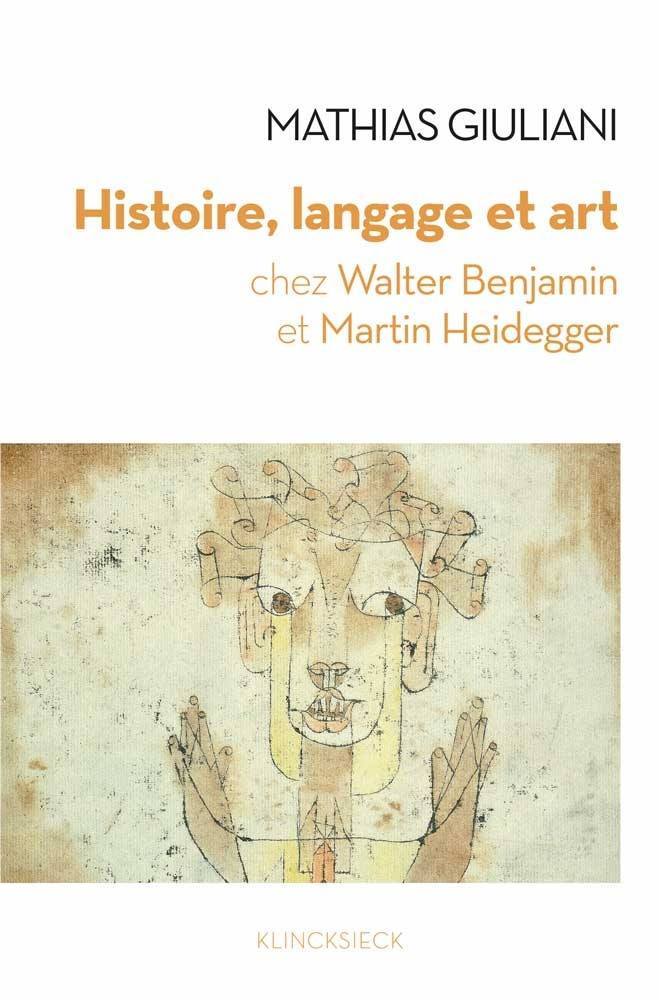This work deals with the manner in which German philosophers Walter Benjamin and Martin Heidegger approached concepts of history, language and art. Its principal aim relies on demonstrating how reading certain texts written by Heidegger in his youth profoundly influenced Walter Benjamin's philosophical thought. Heidegger's influence may not only have had an impact on Benjamin's own philosophy of history, but also on his philosophy of language and of art.
This work's theoretical basis is its focus on the relatively unexplored period of the two philosophers' education. Our research is based on Benjamin and Heidegger when they were youths. Neo-Kantian philosophy was the leading philosophical school context at that time in all German universities. That is why the point of departure for the research, particularly for the first and second part of the thesis (history and language), centres on the training which young Benjamin and Heidegger received from such masters as Heinrich Rickert, Edmund Husserl and Emil Lask. Rickert's teachings constituted a fundamental anchorage point for the two young philosophy students at Fribourg University. The Heideggerian analysis of the "analogy" concept helped to develop Benjamin's notion of "affinity" – which was to become the dominant principle of the latter's philosophy. The basis of the thesis is the interpretation made of one of young Benjamin's texts dating from 1913, titled “Conversation on Love.”
The interplay between the philosophy of history and the philosophy of language will have a decisive impact on the debate over the two philosophers' concepts of art. The third focal research theme of the thesis concerns the philosophy of art, and is based upon a study of Heidegger's book published in 1929, Kant and the Problem of Metaphysics, and the text written by young Benjamin titled “The Rainbow: A Conversation about Imagination” (1915).
Matias Giulani, who holds a PhD in philosophy from Paris-IV Sorbonne, has written several articles on Walter Benjamin, to whom he dedicated his thesis, completed shortly before his passing.




